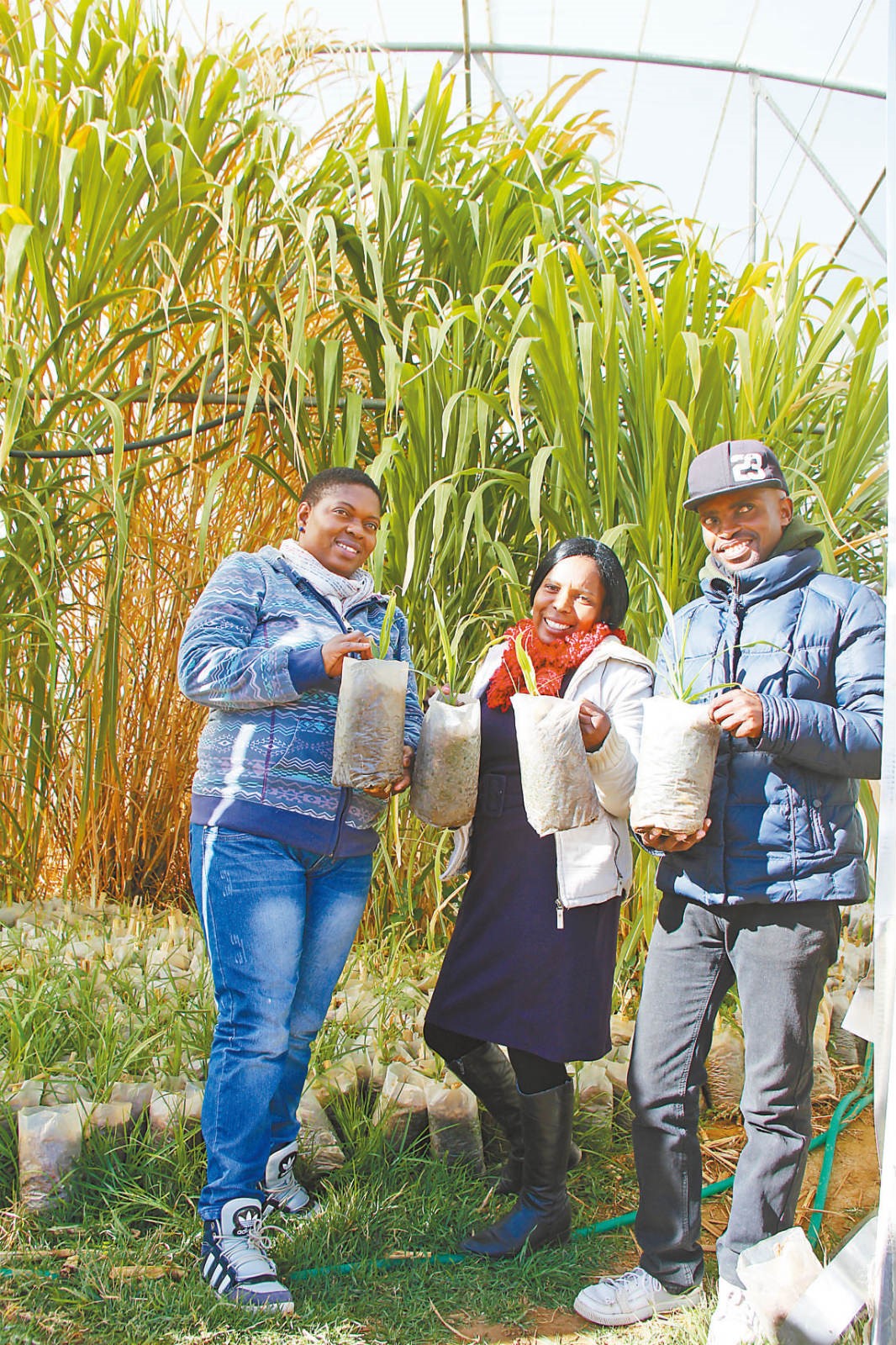Pandemic draws more Latin American poor into banking systemAcross Latin America, the COVID-19 crisis has yielded a rare bright spot: Millions of people who were long excluded from traditional banking have now joined the financial system
November 13, 2020, 3:47 PM
5 min read
BOGOTA, Colombia -- Sonia Fierro has lived her entire adult life selling children’s books on the streets of Colombia’s capital, earning wages that barely cover her living expenses, let alone the monthly fees that come with a bank account.
When the pandemic left her short on cash, she qualified for government aid, but she needed an account where the money could be sent. With the help of her tech-savvy daughter, she signed up for a virtual banking app called DaviPlata, which allows users to receive money, retrieve cash and make payments.
“It’s the best thing they could have done because it’s easy and doesn’t cost anything,” she said.
Across Latin America, the COVID-19 crisis has yielded a rare bright spot: Millions of people like Fierro who were long excluded from traditional banking have joined the financial system using digital banking services. Governments tapped into the services to dole out emergency assistance, and the result has been a significant reduction in the number of people who rely solely on cash.
“To be able to store money, save money and pay with money is actually a really important part of being lifted out of poverty because it makes you more resilient to economic shocks,” said Mahesh Uttamchandani, a financial inclusion expert at the World Bank.
Fourteen countries in the region have used virtual finance tools to distribute pandemic aid, taking a cue from Africa, which has long used similar alternatives, according to the Better than Cash Alliance, a coalition of governments and international organizations pushing for digital banking options to help reduce poverty.
In Colombia, at least 1.6 million people who never had a bank account have joined the nation’s financial network since April. Eighty percent use digital wallets like DaviPlata, according to Luis Alberto Rodríguez, director of the Department of National Planning. Officials say 85.9% of Colombians now have some type of account, a level the government did not expect to reach until 2022.
That has been key for people such as Tatiana Gomez, 35, a leukemia patient and mother of three who is taking every precaution against the virus. Before the pandemic, she did not have a bank account and would have to go in person to pay bills with cash. Now she uses a digital wallet to complete transactions.
“It helps to avoid being out in the street,” she said.
Colombia’s success is due in large part to a robust database that quickly identified citizens who qualified for aid but did not have an account. The nation is also home to numerous virtual banking options. DaviPlata was created in 2012 by Davivienda, the country’s third-largest bank. Colombians can open an account from a smartphone and do not have to pay monthly fees or carry a minimum balance.
Another application, Movii, was launched 18 months ago with 300,000 users. By August, it had more than 1 million people enrolled, mostly low-income earners.
“For banks, it’s a bother to tend to the poor,” Movii co-founder Hernando Rubio said. “We were created specifically for this.”








